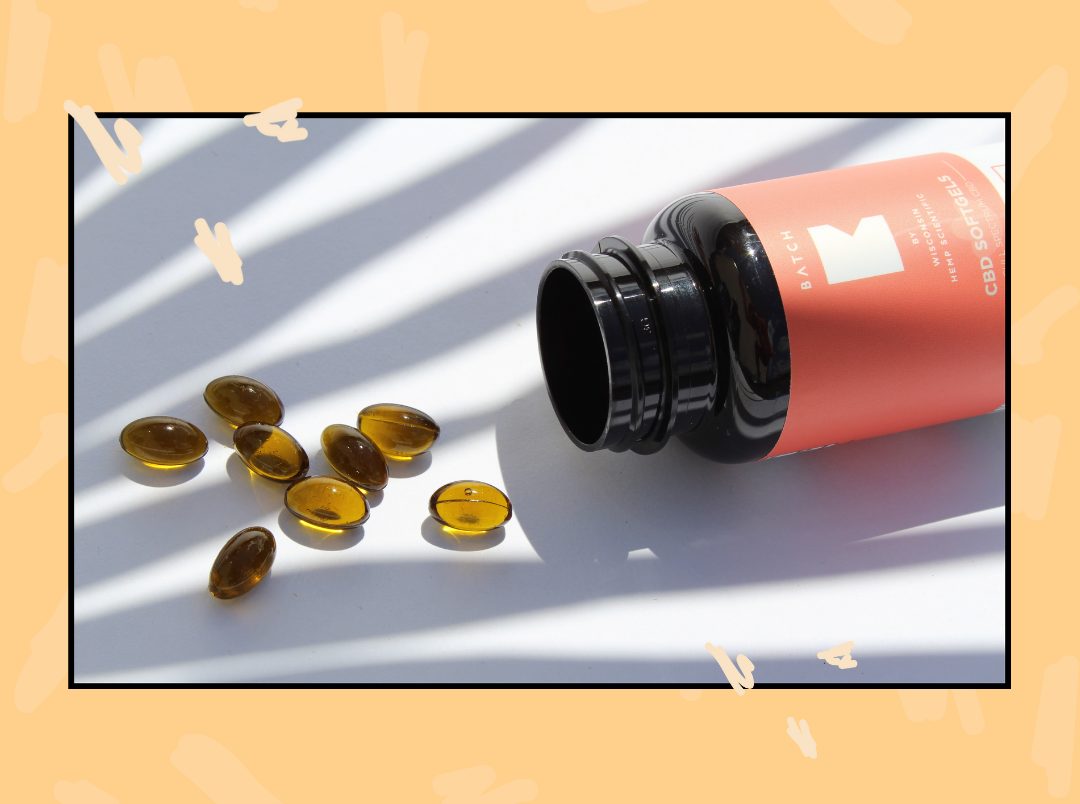
Just the other day, I read an article that introduced me to a type of sunscreen I’d never heard of in the past—one that played around with the idea of sun-proofing the skin by ingesting SPF. Because, hey, that sounds innovative. I’m talking oral sunscreen. And it’s exactly what it sounds like—this isn’t a gimmick. I’m not click-baiting you.
Since I didn’t know enough about the legitimacy of this product—or much about how it delivers on its proposition—I decided to connect with Dr. Saloni Vora-Gala, Consultant Dermatologist and Cosmetologist at Dr. Rekha Sheth’s Skin and Hair Clinic, Mumbai, and Dr. Sushma Yadav, Dermatologist, Cosmetologist, Hair Transplant Surgeon, Founder of Skinology, Bangalore, and asked them to share with me their inputs on the subject. Here’s how they broke it down for me.
Myth Or Reality? Can Oral Sunscreens Sun-Proof The Skin?
What Are Oral Sunscreens?
Are we forgoing the conventional way of sun-proofing our bodies—one that involves smearing dollops of a formula onto our skin before indulging in a little bit of sun-drenching by the pool? Before we come to a conclusion, and deliver a verdict, here’s what you must know about this product.
Dr. Sushma breaks down these pills for us like this, “Oral sunscreens can help the body fight free radicals (primarily) caused by UV radiation—they’re supplements that you can consume in case of prolonged exposure to the sun.” Dr. Saloni continues, “Oral sunscreens are typically antioxidants like Vitamin C, Vitamin E, and lycopene with unproven efficacy. Recently, a South American species of fern called Polypodium Leucotomos (PL) has gained particular attention as an effective oral sunscreen, and is available as capsules which are to be consumed twice daily (morning and afternoon) indefinitely.” These pills have displayed a capacity to reduce damage, sunburn, and redness—so why aren’t they spoken of as much?
How Do They Even Work?
According to Dr. Sushma, “These sunscreens contain Polypodium Leucotomos: an antioxidant that has the ability to reduce sunburn cells. Just like regular sunscreens, oral sunscreens prevent premature aging, sunburns, sun-induced spots, and freckles.” Dr Saloni chides in, “Polypodium Leucotomos has also been found to have photo-protective effects that prevent sunburns to some degree. It also seems to have anti-carcinogenic properties that prevent solar damage and cell mutation.”
But whom do they benefit the most? Dr. Saloni told me that they’re found to be of added advantage as an adjunct to topical sunscreens for those with melasma; vitiligo patients undergoing phototherapy; those with longer hours of sun-exposure; and those with photo-dermatoses (sun-related allergies).
Can They Replace Normal Sunscreens?
I suspected these products weren’t standalones—Dr. Saloni explains why. “Although Polypodium Leucotomos has been found to prevent sun-induced damage, its complete efficacy is not yet proven. Moreover, it has been difficult to assign an exact Sun Protection Factor (SPF) to the supplements. Some studies show that PL supplements may just provide an SPF of 3 to 5. Data about absorption of PL extracts, and how much of the absorbed drug reaches the skin to provide photoprotection is not available. The dose and schedule have not been precisely specified for any indication. It is better to keep using a topical sunscreen, and add an oral sunscreen for additional protection.”
Basically—you can complement your sun-care routine with these capsules, but you cannot sun-proof your skin effectively without traditional sunscreen.
What Do They Do That Traditional Sunscreens Don’t?
“The advantage of an effective oral sunscreen is that its performance would not be affected by external conditions, such as swimming, type of garment, or sweating. Most importantly, an effective oral sunscreen will provide protection to the entire body. This includes the trunk, lower limbs as well as the scalp and the hair,” says Dr. Saloni. This means that these sunscreens provide a certain degree of uniform sun-protection to overlooked areas of the body. But, to reiterate, do use them in conjunction with your conventional formulas.
Are They Safe To Consume?
Before you invest in these sunscreens, you must know whether they’re safe for consumption. Dr. Sushma says, “Even though consuming oral sunscreen is usually safe, it’s better to consult a dermatologist before consuming any supplements.” Dr. Saloni leaves us with a piece of advice, “In general, all adults can consume oral sunscreens daily. However, data on long-term safety as well as safety in children, and pregnant and lactating women are lacking. Commercially available capsules of PL are not free from gluten—so they should not be consumed by gluten-sensitive people.”
She goes on, “Those with a tendency of severe sunburn, vitiligo patients who are under-going phototherapy, melasma patients, those exposed to UV for longer hours may particularly benefit from oral sunscreens along with a topical one; but it is advisable to consume them only after prior consent from one’s dermatologist.”
And that’s the tea on oral sunscreen.
Featured Image: Unsplash